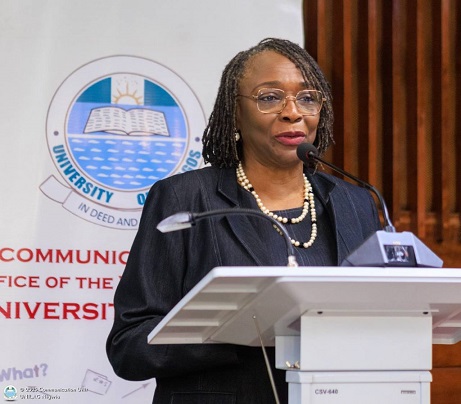The AfDB boss said the bank is working on creating a better future for youths in the country.
The president of the African Development Bank (AfDB) Akinwunmi Adesina believes the future of the country’s youths does not lie abroad.
Adesina said this on Friday while delivering the keynote address at a public lecture for the 90th birthday of a former head of state Yakubu Gowon.
He said, “We must become a global Nigeria, brimming with talents, skills, and entrepreneurship capacities that are powered by clear and consistent and sustainable government policies to become globally competitive and to retain our young talents.
“Don’t get me wrong but I don’t believe that the future of Nigeria’s youth or that of Africa, lies in Europe, America, China or anywhere else.”
According to him, the future of youths in Nigeria lies in the country’s growth.
“It lies in Nigeria growing very well with equitable growth, and Africa doing the same; able to create jobs for its young people,” he said.
The AfDB boss said the bank is working on creating a better future for youths in the country.
“I am delighted to announce here today that just three days ago, the African Development Bank’s board of directors approved $100m for the establishment of the Youth Entrepreneurship Investment Bank for Nigeria,” he said.
“This new bank will support the business of the youths in Nigeria using technical assistance, business incubation, and invest equity, quasi-equity,” and others, the AfDB boss told the audience which included former president Olusegun Obasanjo, governors, ministers, and other top dignitaries.
He said the move signals “a new day and a new day for Nigeria” while also expressing concerns about the country’s poverty rate.
“The National Bureau of Statistics, NBS, in 2022 estimated that 63% of persons living within Nigeria – over 133 million people at the time – are multi-dimensionally poor,” Adesina said.
“It also states that over half of the population of Nigeria cook with charcoal wood, other than clean out energy. High deprivations are also apparent nationally in sanitation, health care, food security, and housing poverty.”





